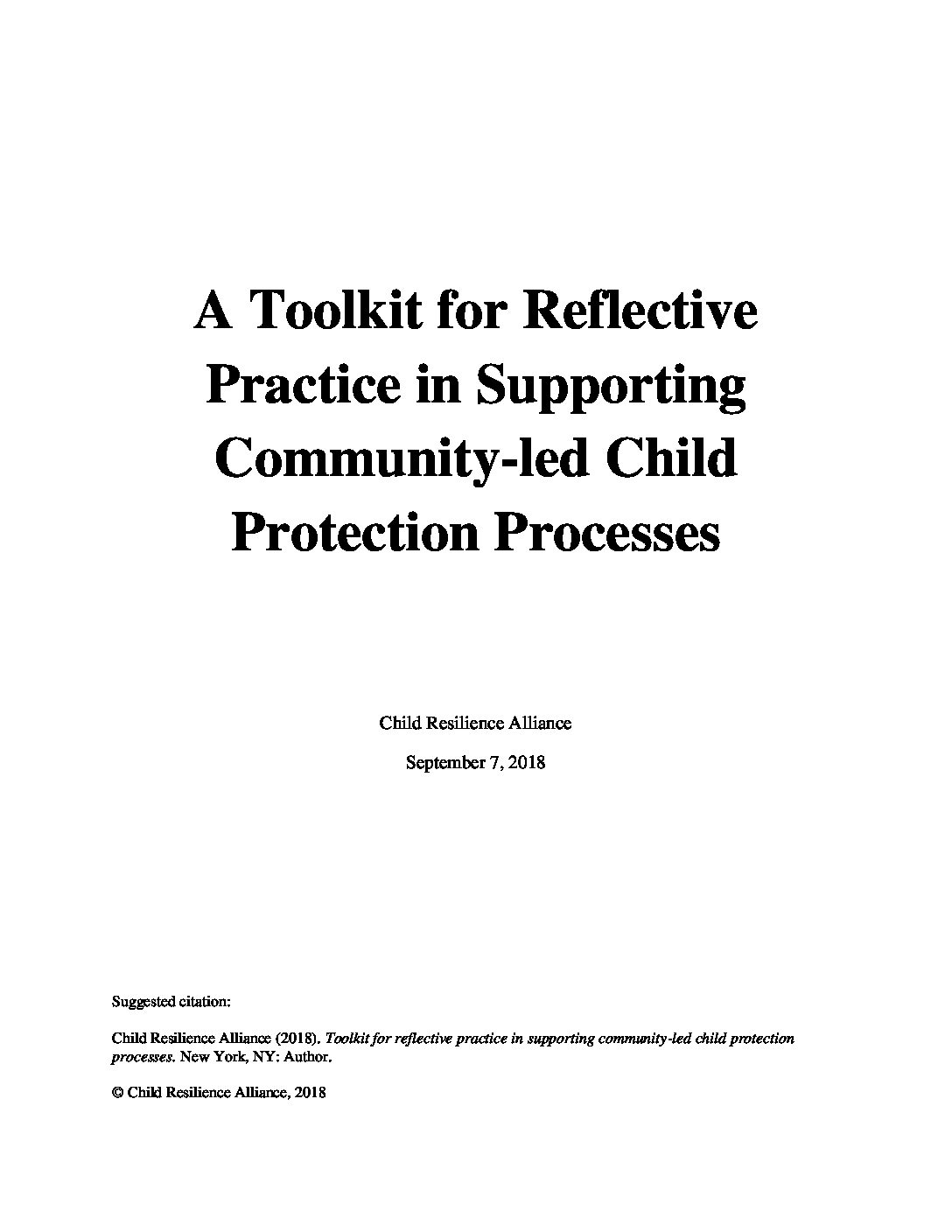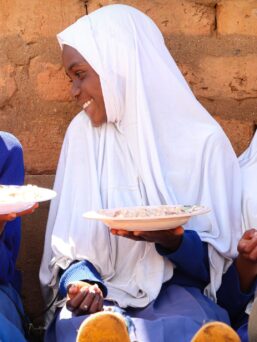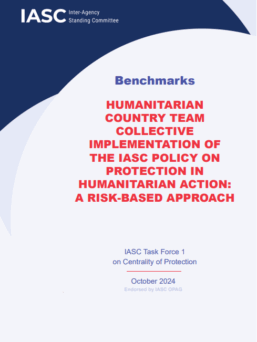The Child Resilience Alliance (CRA) is a group of senior partners dedicated to children’s protection and well-being in adverse environments. The group, in September 2018, released a 4-section toolkit to support community-led approaches to addressing protection risks affecting children. The toolkit includes four sections: facilitating, training, learning, and management. There is an interactive activity for every recommended tool to empower users to fully grasp the presented ideas.
CRA’s community-based engagement strategy is a vital basis for the first Key Element of Results-Based Protection, continuous context-specific protection analysis, as it places the affected population at the center of the discussion and emphasizes skill sets needed to support community-led solutions. Additionally, it also encourages frequent and extensive reflections by program staff – ways of working that are in line with the second Key Element of Results-Based Protection, outcome-oriented methods.
The toolkit offers an avenue for users to deepen and enrich their support for a community-based approach to protection. It helps strengthen their “soft skills” regarding child protection by focusing on personal traits such as humility, empathy, and deep listening. For example, the workshop on deep listening allows for a stimulating discussion on learning deeply about a community, enabling inclusive dialogue, and supporting collaborative problem-solving. Through active listening, facilitators can make community members feel affirmed and validated, which helps foster a productive relationship.
Building on the development of soft skills, the third section of the toolkit is tailored to encourage continuous context-specific learning. The unit features ethnographic methods as it is most effective in learning about a child’s experience, brings forward the views of the local population, and builds a deep level of trust that is needed for community-based engagement on child protection. Although the toolkit references a case study from Sierra Leone in 2010, it can be adapted to several contexts.
Once an inclusive relationship between the NGO staff and community members is built, it must be maintained. Over time, the context, the protection issues, the actors, and the dynamics of a situation can change. If an individual or organization fails to react to such changes, it could lead to ineffective programming. As a result, the toolkit advocates for ‘Creating Space for Reflection.’ This space aims to do away with distractions and allow facilitators to focus on ways of improving their programs and approaches. A simple reflection involves sitting in a chair for 10 minutes every day to consider how programs can be adapted effectively. Questions such as ‘Why did this happen?’ and ‘What can I do differently?’ can help guide a significant reflection.
Overall, the CRA warns that the aforementioned tools are not checklists or globalized recipes. It acknowledges that each community is unique and operates in its own socio-cultural, historical, and political-economic context. Thus, protection staff must enable communities to develop and build on their own means of solving problems rather than imposing pre-packaged generalizations.



